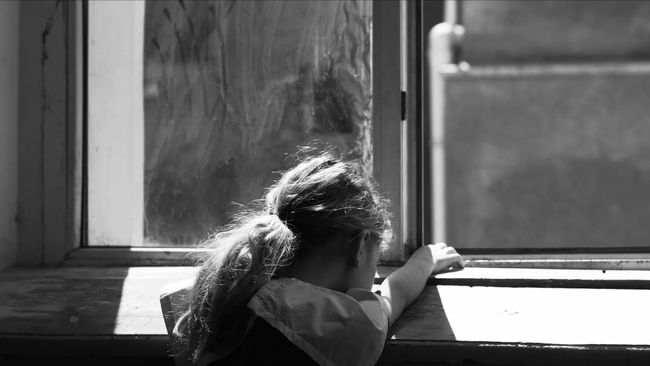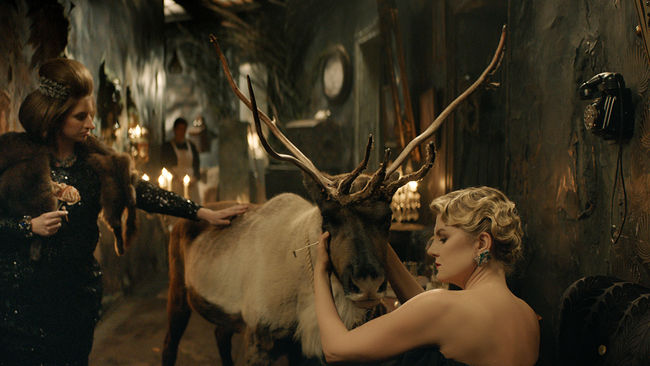Destello bravío − A (Fantastic) Journey to Álilu
29 January 2021
For each of the features in competition, IFFR asked a critic, writer, academic or programmer to write a short reflection in a personal capacity. The resulting series of ‘Appreciations’ aims to encourage viewers − and filmmakers − at a time when there is no physical festival. Jordi Costa shines a light on Destello bravío.
There are films that passively let themselves be impregnated with the spirit of their times, with all the soggy tameness of a sponge cake dipped in milky coffee. And there are others that gaze back at time, staring out of the abyss, then biting it like a vampire and twisting its very essence; they transcend it to summon forth a universal, lasting truth, unrelated to any historical or social functionality. It is to this second group that Destello bravío belongs, although it might be fairer to say that Ainhoa Rodríguez's debut feature does not belong to any herd at all. It goes its own way from the first frame to the last – even if an assiduous film-lover might recognise in its controlled alchemy some substrate linking it, first to Fellini, who turned from neorealism to fantasy, and thence to David Lynch, who transformed the Americana tradition into some mixture that is both oneiric and quantum-like.
Destello bravío presents an eternal and empty Spain, with its legacy of patriarchy and its repressive latencies. It is a culmination and a refinement of what Rodríguez had already explored in her TV work, her short film Muñecas (2006) or in her music video Fade (2016), for Chloé Bird’s seductive song of the same name. Her first feature does not give in to automatic reflexes or clichés. The fascination that emerges from this imagination never loses sight of its underground, iconoclastic and transgressive drive.
There is something magical about the working process itself, which stems from the documentary form, from the complicity and the testimonies of her non-professional actors. It offers a secular form of transubstantiation, interpreted as a libidinal process of liberation of the secret power of female desire.
“Do you know what Álilu is, Julia?” asks Carmencita (Cita) Ramírez. Cita may not be one of the protagonists in this impressive ensemble movie, but perhaps her character provides the clearest link between the centrifugal and the centripetal, between the enigmatic and the common every day. Álilu might be the ‘inexpressible’, but in an unexpected flight of poetry, Cita’s words turn it into a crystal sky, crowned by two equally crystal moons, thick with clouds that pee candy in assorted flavours: strawberry, mint, lentils, chickpeas and chocolate.
Ultimately, Álilu is the desire to be somewhere else, a dream of merging with a higher reality, capable of defusing all everyday squalor and existential inertia. Destello bravío is full of pictures that frame dark landscapes, like the rustic shape of a door that links two dimensions: paintings suggesting thresholds to the terrain of the unconscious, of desire, of possibility.
It is also a fabulous journey through more recognisable landscapes and rites: the remote village, the Easter procession, the bar chatter, the shepherds. All this is accompanied by a sound design that at times evokes the menace of a volcano about to erupt, or the imminent explosion of a transformative irrationality, ending the paralysis of what until then seemed eternal.
Destello bravío, as its name suggests, dazzles with its blinding talent and bears down on us with savage energy.
Jordi Costa is a filmmaker, writer and curator and as of 2019, head of the Exhibition Department at arts centre CCCB.
Appreciations
‘Appreciations’ aims to encourage viewers − and filmmakers − at a time when there is no physical festival. Discover more short reflections on the features in competition.



